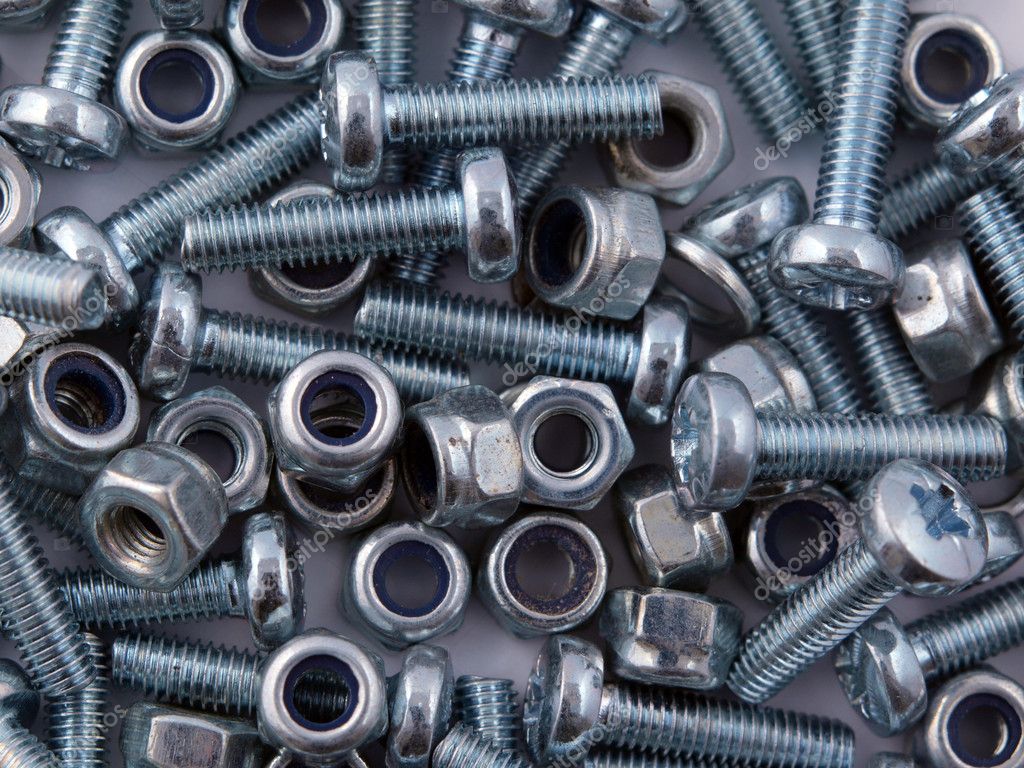As you are embarking on a construction or repair project, grasping the basics of fasteners is essential. Nuts and bolts are the backbone of countless applications, ranging from routine household tasks to complex engineering endeavors. If you’re a experienced professional or a weekend DIY enthusiast, having a comprehensive grasp of different types of nuts and bolts can greatly improve your ability to select the right fasteners for your needs.
In this guide, we will explore the various types of nuts and bolts, their unique functions, and common use cases. We will delve into the most popular bolt types, such as hexagon and tray bolts, and discuss when to use each one. Additionally, we will cover important information on nut types, including locking nuts and washer nuts, as well as key considerations such as materials, coatings, and measurements. Armed with this information, you will be more prepared to make informed decisions in your projects, ensuring sturdiness, durability, and safety in every application.

Types of Nut and Fasteners
Nutss and fasteners are vital components in different uses, serving to join materials together safely. Fasteners typically have a clean shaft and grooves on one end, while nuts are six-sided in shape and have internal threads that match the outer threads of the bolt. Together, https://posteezy.com/impact-hardware-construction-projects create a sturdy fastening solution, ideal for both structural and mechanical applications. Understanding the numerous types of nutss and bolts available is crucial for choosing the appropriate fastener for your project.
Among the most frequent types of bolts are hexagonal fasteners, carriage bolts, and heavy-duty fasteners. Hex fasteners feature a hexagonal head that allows for simple tightening with a tool, making them appropriate for demanding applications. Carriage fasteners have a rounded head and a square section under the head that securely holds them in place, commonly used in wooden constructions. Heavy-duty bolts, on the other hand, are big screws designed for high load-bearing capacity, frequently used in fastening timber to other substances. Each fastener type has its particular use cases, making it important to select the appropriate one based on the application.
Nuts come in various forms as well, including regular hex fasteners, lock nuts, and flange nuts. Standard hex fasteners are used broadly with corresponding fasteners, while lock nuts prevent loosening due to movement, important in automotive and high-stress applications. Flange fasteners have a built-in washer that distributes the load better and provides a larger bearing surface, making them ideal for more delicate substances or where space is restricted. Comprehending these differences helps in choosing the right fastener to complement the bolt, guaranteeing a safe and durable connection.
Materials and Coatings
When selecting nuts and bolts, the choice of substance plays a key role in defining the fastener's strength, longevity, and appropriateness for different applications. Typical materials include steel, bronze, and titanium alloy, each offering distinct advantages. Steel fasteners are known for their high tensile strength and are often coated with finishes to enhance corrosion resistance. Brass is favored for its visual appeal and resistance to rust, making it perfect for ornamental applications. Titanium alloy , while higher-priced, provides remarkable strength-to-weight ratios and excellent corrosion resistance, notably in demanding environments.
Finishes substantially influence the performance of nuts and bolts, particularly in terms of protection against environmental factors. Zinc plating is one of the most widespread treatments, offering a shield against corrosion without altering the bolt's structural properties. Zinc galvanization involves a thicker layer of zinc, providing even enhanced protection for fasteners used outdoors or in wet environments. Alternative coatings, like epoxy finishes, are designed to provide decorative value while also offering varying degrees of corrosion resistance.
Grasping the specific applications and external conditions where fasteners are used will help in choosing the suitable materials and coatings. For example, stainless alloy fasteners are often a good investment for outdoor projects due to their excellent corrosion resistance. In contrast, custom coatings may be necessary in particular industries, such as nautical or chemical applications, where extra protection is necessary to ensure longevity and dependability in harsh conditions.
Buyer Guides and Contrasts
When picking nuts and bolts for your assignment, it’s crucial to understand the particular demands based on your intent. Whether you’re addressing a straightforward home fix or a complicated construction task, knowing the suitable fasteners will ensure durability and safety. Check for specifications such as size, grade of strength, and category when looking through hardware shops or online directories. A thoroughgoing understanding of these elements will assist you make informed decisions customized for your requirements.
Another important element to consider is the variation between metric and imperial hardware. Although metric fasteners are derived from millimeter measurements, imperial fasteners utilize inches, which can lead to confusion if not adequately comprehended. Always confirm the system of units that your assignment needs, and ensure conformity with existing hardware. This will assist you avoid mismatches that can undermine the integrity of your work.
In conclusion, before making a buy, build an awareness of quality signals. Seek out reputable brands and, if practical, review quality certifications or performance grades. Also, take note of price contrasts for comparable products; price can sometimes reflect quality, but not always. Finding a balance between cost and quality is essential to ensure you’re investing in fasteners that will function well over time, especially in challenging applications like industrial-strength construction or automotive repairs.
